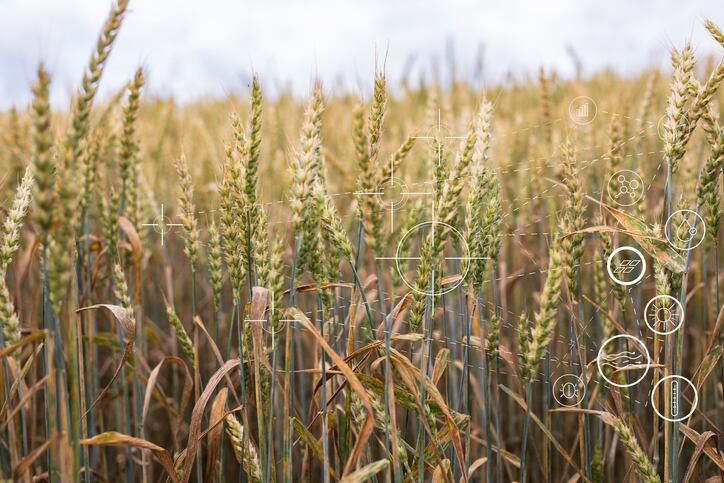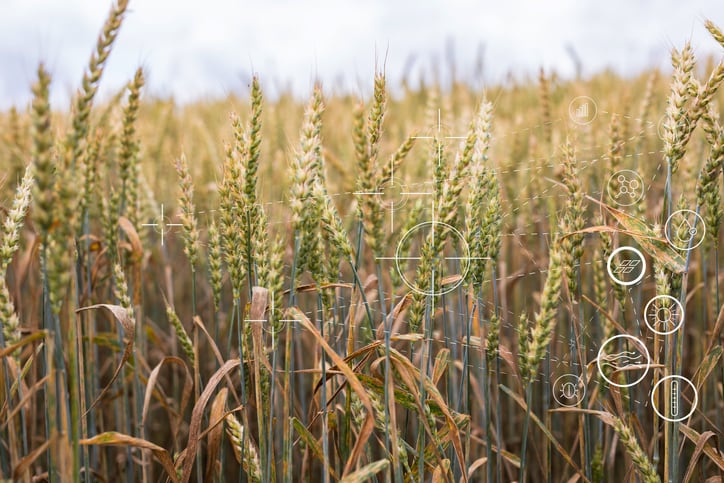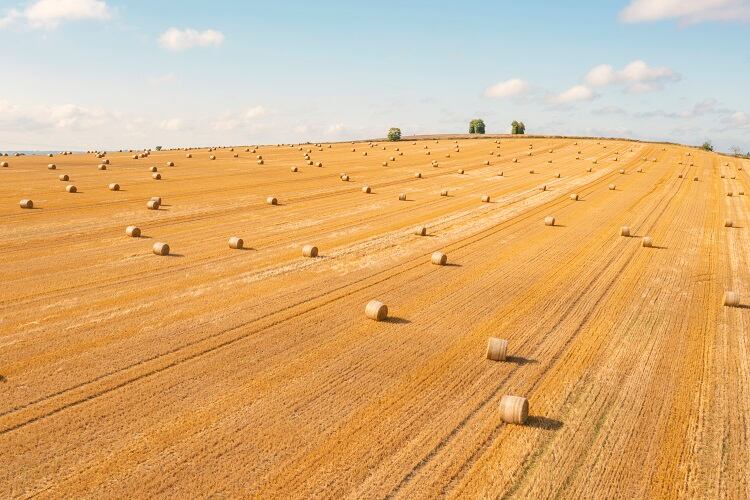The Genetic Technology (Precision Breeding) Act passed into law in March, allowing the creation and marketing of ‘precision-bred’ or genome-edited plants and vertebrate animals in England.
According to the government, the move will allow farmers to grow crops that are drought- and disease-resistant, reduce the use of fertilisers and pesticides, and help breed animals that are protected from catching harmful diseases.
The Food Standards Authority is now working with ministers to implement secondary legislation to create a ‘robust, bespoke assessment process’ for precision-bred food, which it says will be underpinned by the ‘best available scientific advice in order to ensure precision-bred food reaches market swiftly and safely’.
The timescale is unknown, but Coffey is keen for quick progress, she told a recent event in London. “We need to get on with it frankly,” she said, adding that similar moves that are afoot in the EU. Gene editing to facilitate precision breeding "will help us design climate resilient wheat and could help us design out the need for quite so much pesticide or use of artificial fertiliser," she said.
She stressed she wanted to see the ‘sensible’ use of the pesticides and insecticides. Coffey claimed, for example, that the controversial weedkiller glyphosate is "perfectly safe” and helps support regenerative agricultural techniques such as no-till farming, which can be used as an alternative to ploughing, which disturbs the life beneath the soil and releases carbon.
Defra is supporting other innovations as part of the £2.4 billion per year awarded to farmers such as methane-reducing additives to be added to feed as well as robotics. Coffey said she also sees opportunities for sectors such aeroponics and hydroponics.
Microbial fermentation is 'fake food'
However, she rejected a vision for the future of food put forward by the likes of the environmentalist George Monbiot, who wants to see animal protein predominantly replaced by large-scale bacterial fermentation, also known as precision and microbial fermentation.
This process uses microbial hosts as ‘cell factories’ for producing specific ingredients, from enzymes to natural pigments, proteins and fats. Other advocates such as the recently formed Food Fermentation Europe (FFE) alliance claim these microbes can not only replace land intensive animal-derived ingredients but also improve sensory or functional attributes in food formulation.
However, echoing the stance of the Italian government, Coffey called this “not a very sensible approach… This sort of food is fake food. They [microbes] are food and meal replacements.”
Coffey, who previously worked in a number of roles for Mars Incorporated, said the type of technologies eyed by the UK government aim to improve production yields. She added that some aspects of gene editing could allow farmers to grow the same crops with less water. “It's a really exciting opportunity and a massive commercial opportunity too.”




